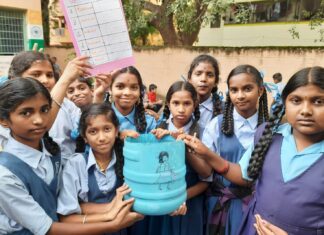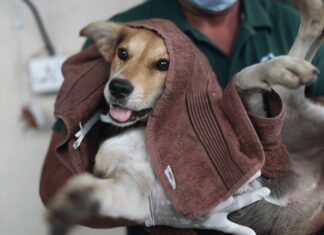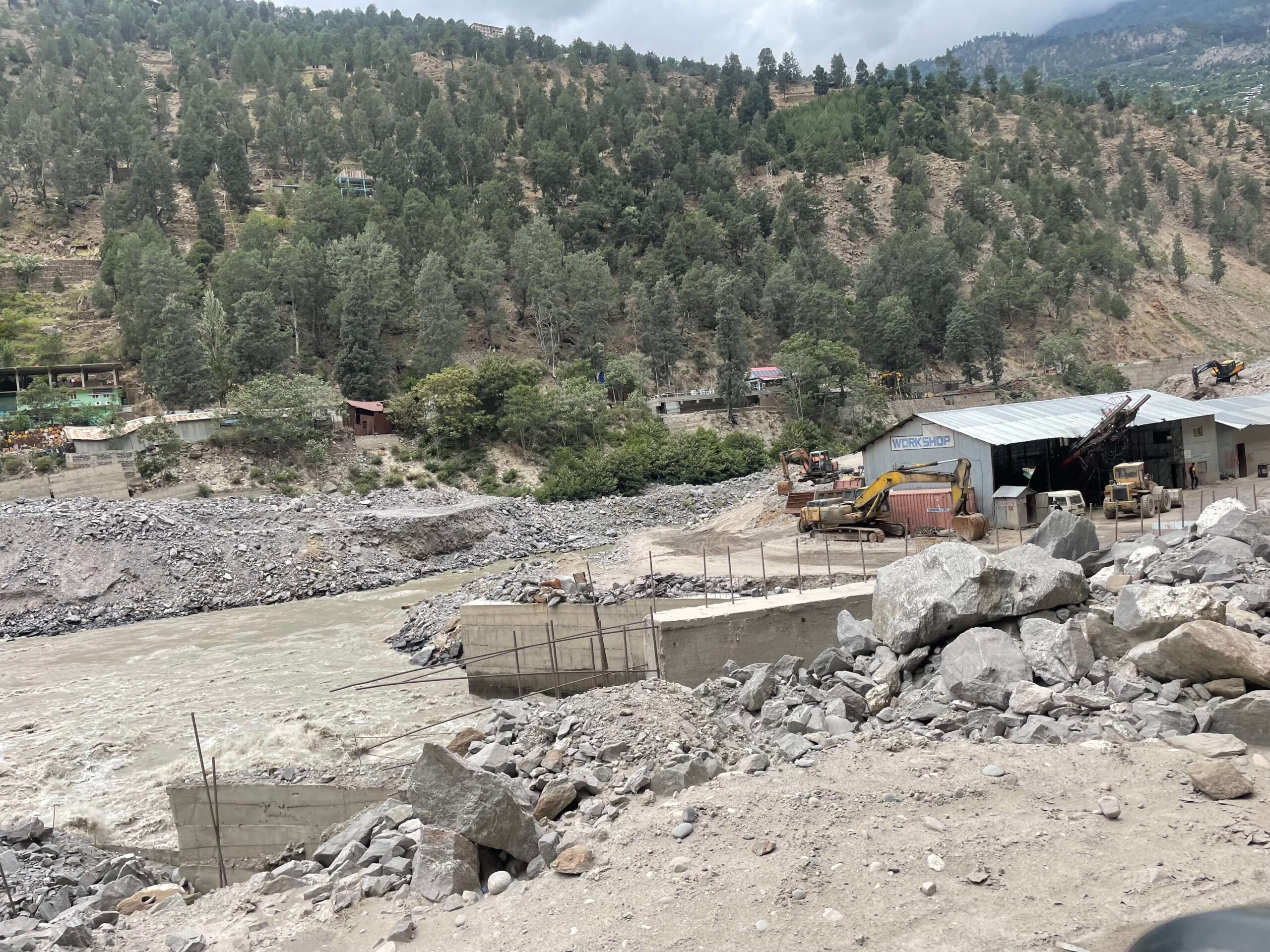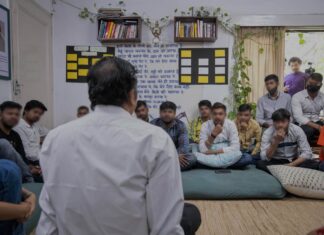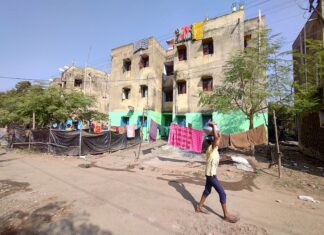LATEST
Flexing Young Changemaking Muscles the Solve Ninja Way
With community tested knowledge kits, available crowdsourced data, and community leaders equipped with diverse skills, the Solve Ninja platform integrates technology, people and knowledge with large scale government systems and non-profit organizations to enable them to make targeted interventions regarding climate change, skill-building, and citizen engagement.
Reviving Tolerance Towards Street Dogs in Urban India
Much has been said about how the growth of Indian cities has affected wildlife, but not enough has been said about the multi-dimensional impacts of urbanisation on street dog welfare. Peaceful co-existence demands cooperative community-led solutions.
Shongtong Hydroelectric Project Has Sold the Tribals of Kinnaur Down the River
Those privy to the progress of the project do not believe it will meet CM Sukhu’s timeline. At the same time, echoes of "we don’t want more hydropower projects" resonate across the district.
Released, but not yet!
“Now that we are being sent back, will we get legal services and facilities to get timely bail or release or do we wait for another 5-6 years or another pandemic?”
Of Safety and Livelihoods: A Life Beyond Tradeoffs in Jharia Coal Mines
A question lingers – is rehabilitation a matter of desperation?



